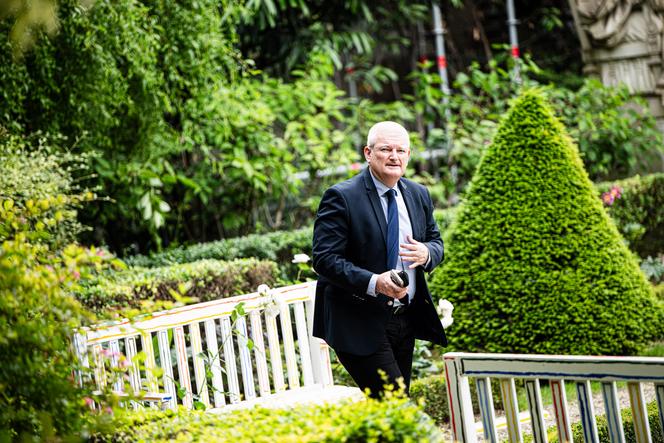


In the café of the Assemblée Nationale on Monday, May 26, Olivier Falorni was frequently interrupted as he spoke – either by a fellow MP, stopping by to congratulate him with a handshake, or by one of the many journalists who asked him for a comment.
The previous two weeks had been intense for the MP representing Charente-Maritime. He served as the lead rapporteur for two bills, on one palliative care and one on assisted dying, examined by the Assemblée Nationale. His three-day stubble showed that he had let himself enjoy a rare "day off" on Sunday, before tackling the final sprint leading up to the bills' votes in the Assemblée, on Tuesday. It was like a leg in the middle of a long marathon – one that was far from over – to defend assisted dying, a cause he has championed for years, despite all the obstacles in his path.
His longstanding advocacy and his role in the two bills on end-of-life care, which were both adopted by the Assemblée Nationale on Tuesday, made him a central figure during the debates. The discussions took place in a calm atmosphere, despite aid in dying being a divisive issue. The lead rapporteur welcomed the serenity, contrasting it to "the violence of the exchanges" around the same-sex marriage law, in 2013, and the Veil law on decriminalizing abortion, in 1975. "This Assemblée will be able to have a collective pride for having managed to, for the first time in history, conduct a [debate on a] major societal issue in a calm way," said Falorni, with his trademark smile.
You have 79.62% of this article left to read. The rest is for subscribers only.
